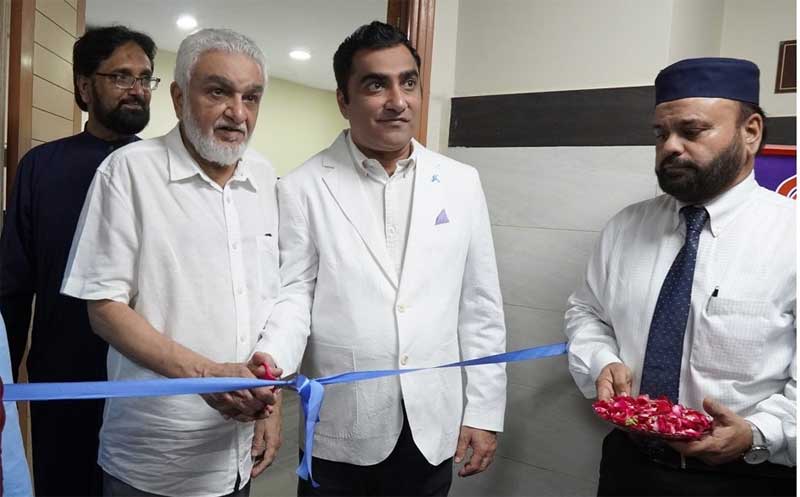In recent times, Pakistan has been grappling with an economic challenge that has left its citizens feeling the pinch and policymakers searching for solutions: the relentless rise in inflation. Inflation, the gradual increase in the general price level of goods and services, has profound consequences for a nation’s economy and its people. In this article, we will explore the multifaceted impact of inflation on poverty, the cost of living, the job market, and the surge in electricity bills in Pakistan.
1. Inflation and its Impact on Poverty: Inflation, when left unchecked, can be a catalyst for poverty. As prices of essential goods and services escalate, the real income of households diminishes, particularly for those in the lower-income brackets. This often pushes families who were already on the brink into poverty. The consequences are dire, affecting not only individuals but the entire social fabric of the nation.
The increase in the cost of living, especially for food and basic necessities, can force families to make difficult choices. They might cut back on education expenses, healthcare, or even skip meals to make ends meet. This not only hampers the well-being of the population but also impedes long-term economic growth, as an undereducated and unhealthy workforce is less productive.
2. Soaring Prices and the Burden on Households: One of the most immediate and palpable effects of inflation is the surge in prices. Pakistan has witnessed steep increases in the prices of food items, fuel, and other essential commodities. This surge has far-reaching implications for households, as it erodes their purchasing power.
With the prices of basic necessities skyrocketing, households are forced to allocate more of their income to meet these essential expenses. This leaves less room for savings or discretionary spending, which, in turn, can hinder economic growth and development.
3. Job Market Challenges: A rising inflation rate can put additional stress on the job market. As businesses grapple with higher production costs, they may cut back on hiring or freeze wages. This can lead to stagnant or decreasing real incomes for workers, exacerbating the financial strain on households.
Moreover, some businesses may struggle to survive in the face of increased costs, leading to layoffs or even closures. This, in turn, can contribute to higher unemployment rates and a more competitive job market, making it even harder for job seekers to find stable employment.
4. The Escalation of Electricity Bills: Another aspect of the inflation crisis in Pakistan is the surge in electricity bills. As energy prices rise due to inflation and other factors, consumers are faced with escalating electricity bills. This not only affects household budgets but also places an additional burden on industries and businesses, which rely heavily on electricity for their operations.
The increased cost of electricity can lead to reduced industrial production and can hamper the competitiveness of Pakistani businesses in the global market. It’s a vicious cycle where rising inflation leads to higher electricity costs, which, in turn, contributes to further economic challenges.
5. Policy Responses and Mitigation Strategies: Addressing the surge in inflation and its multifaceted impacts requires a comprehensive and coordinated effort from policymakers, businesses, and civil society. Some potential strategies include:
a. Monetary Policy: The State Bank of Pakistan can use monetary policy tools to control inflation, such as adjusting interest rates and reserve requirements. This can help manage the money supply and curb inflationary pressures.
b. Fiscal Measures: The government can implement fiscal policies, such as targeted subsidies for essential goods, to alleviate the burden on low-income households. Additionally, effective taxation policies can help generate revenue while minimizing the impact on prices.
c. Enhancing Productivity: Encouraging investments in technology and innovation can help businesses improve productivity and reduce production costs. This, in turn, can mitigate the impact of rising inflation on prices.
d. Social Safety Nets: Expanding and strengthening social safety nets can provide a buffer for vulnerable populations affected by inflation. These safety nets can include cash transfer programs, food assistance, and healthcare services,
The rise in inflation in Pakistan is a multifaceted challenge with far-reaching consequences. It affects not only the cost of living and poverty levels but also the job market and electricity bills. Addressing this issue requires a combination of prudent monetary and fiscal policies, efforts to enhance productivity, and a commitment to protecting vulnerable populations. Only through a coordinated and sustained effort can Pakistan hope to overcome the inflationary pressures and ensure a better future for its citizens. Here’s to always hoping for a better Pakistan.
Inflation’s unyielding grip




